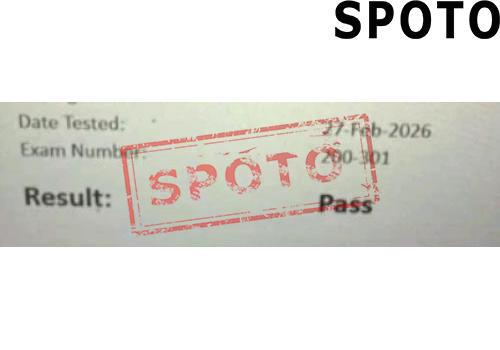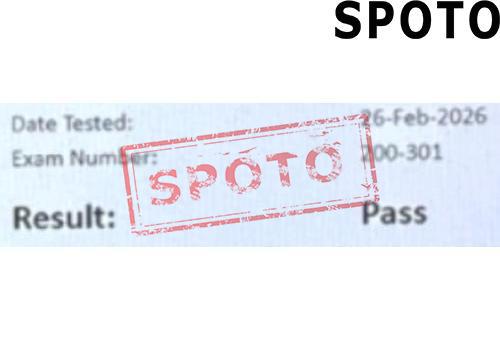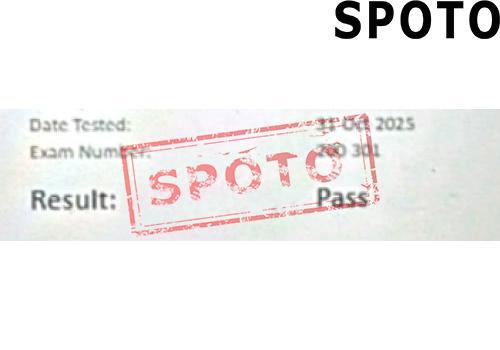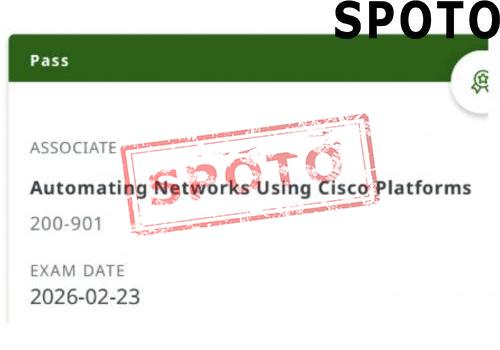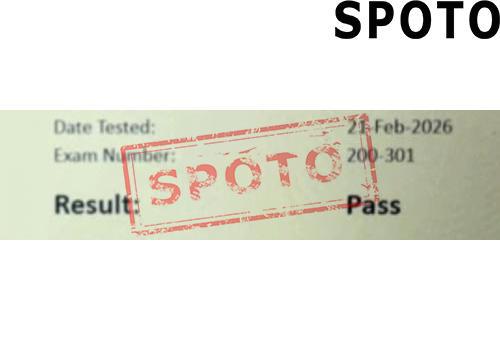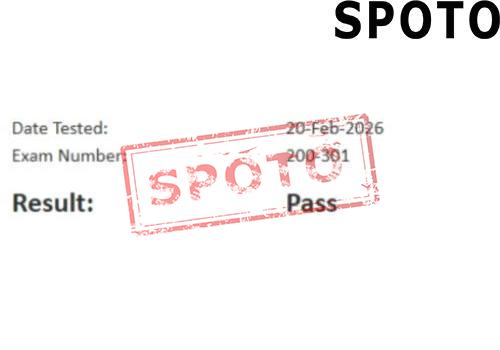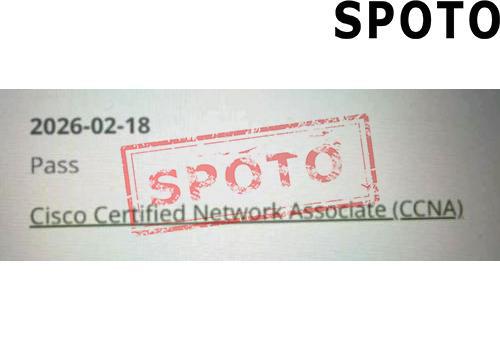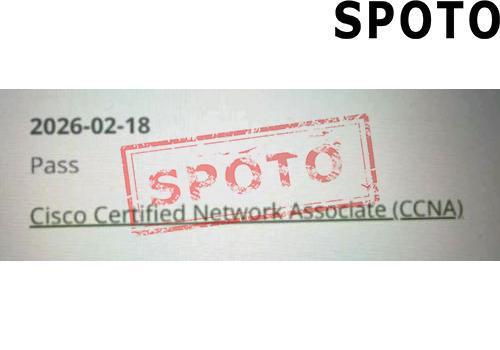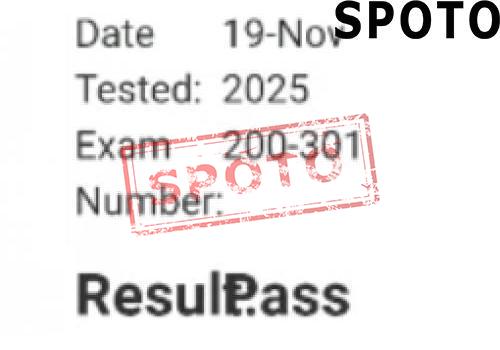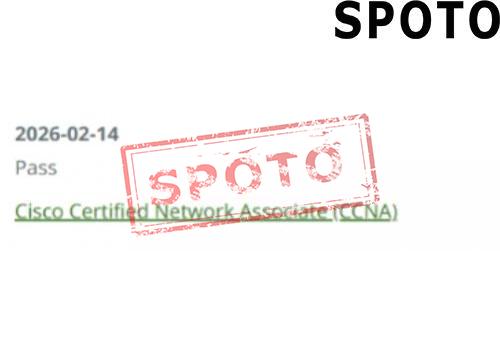
In the rapidly evolving world of technology, artificial intelligence (AI) is not just a buzzword—it's a revolution. From autonomous vehicles to sophisticated data analytics, AI is transforming industries at an unprecedented pace. And the IT sector, which stands at the forefront of this digital transformation, is no exception. As AI continues to integrate into various aspects of IT operations, many professionals like you may be wondering: Is my CCNA certification at risk?
The Rise of AI in IT
AI's impact on IT is multifaceted. From automating routine tasks like network monitoring and troubleshooting to predicting system failures and optimizing network performance, AI is making IT operations more efficient and reliable. Machine learning algorithms can analyze vast amounts of data in real time, identifying patterns and anomalies that would be challenging for humans to detect.
Moreover, AI-driven tools are becoming increasingly sophisticated, capable of performing complex network configurations and security assessments. This technological advancement raises concerns among IT professionals, particularly those whose roles involve repetitive or manual tasks. After all, if a machine can do it faster and with fewer errors, what does that mean to most human IT workers?
The Role of CCNA in Today's IT Landscape
The CCNA certification has been a staple in the IT industry for years, serving as a gateway to networking careers. It validates a professional's knowledge and skills in configuring, troubleshooting, and operating medium-sized routed and switched networks. With the rise of AI, however, some might question the relevance of such certifications.
But here's the point: AI is not a replacement for human expertise; it's an augmentation. While AI can automate many tasks, we still require human oversight and intervention. Moreover, AI's capabilities are continually evolving, and integrating these technologies into existing systems requires a deep understanding of networking fundamentals—precisely what CCNA certification provides.
The Future of CCNA in an AI-Driven World
So, is your CCNA certification at risk? The answer is not as straightforward as a simple yes or no. While AI will undoubtedly change the nature of some IT jobs, it will also create new opportunities. IT professionals with CCNA certifications and a solid understanding of networking principles will be well-positioned to leverage AI-driven tools and technologies.
In fact, CCNA-certified professionals can play a pivotal role in the integration and optimization of AI-driven systems. They can serve as the bridge between AI tools and human decision-making, ensuring that these technologies are used effectively and securely.
Moreover, as AI continues to evolve, there will be a growing demand for IT professionals who can develop and maintain AI-powered networks. This requires a combination of technical skills, analytical thinking, and a deep understanding of networking principles—all of which are covered in the CCNA curriculum.
Embracing the Change
Instead of fearing the impact of AI on IT jobs, professionals have better embrace it as an opportunity for growth. By investing in continuous learning and upskilling, IT professionals can stay ahead of the curve. This includes staying updated on the latest AI technologies and understanding how they can be integrated into existing network infrastructures.
CCNA-certified professionals can further enhance their skills by pursuing advanced certifications like CCNP and CCIE or by specializing in areas like AI-driven network optimization and cybersecurity. By doing so, they can position themselves as valuable assets in an increasingly AI-driven world.
Conclusion
In conclusion, the rise of AI in IT is not a threat to CCNA certifications; it's an opportunity for growth and transformation for you. While AI will automate many routine tasks, it will also create new roles and responsibilities for IT professionals. By staying updated on the latest technologies and leveraging their CCNA certifications, IT professionals can continue to thrive in an AI-driven world.
So, instead of worrying about whether your CCNA certification is at risk, focus on how you can use it as a stepping stone to new opportunities. Embrace the change, and let your CCNA certification be your ticket to the future of IT.
